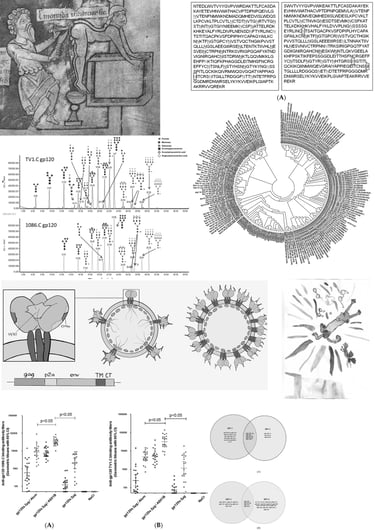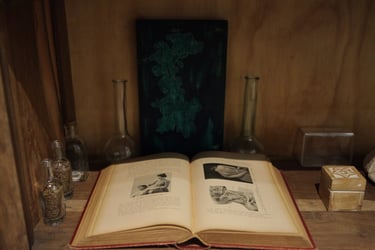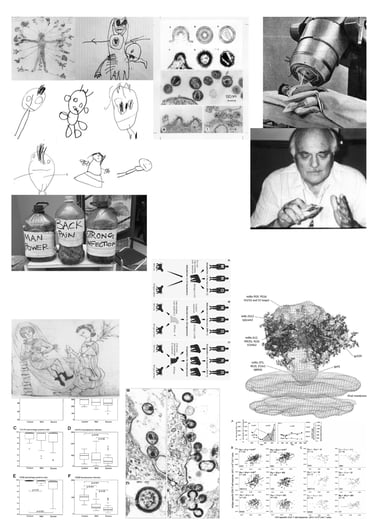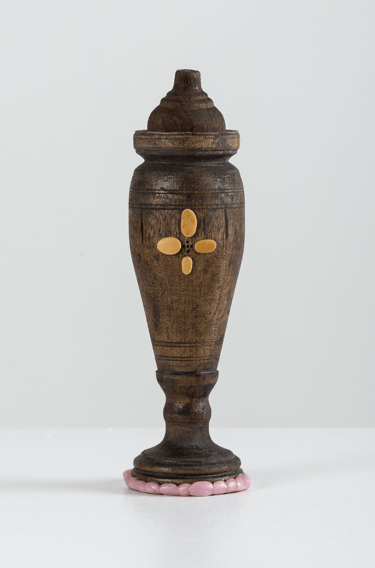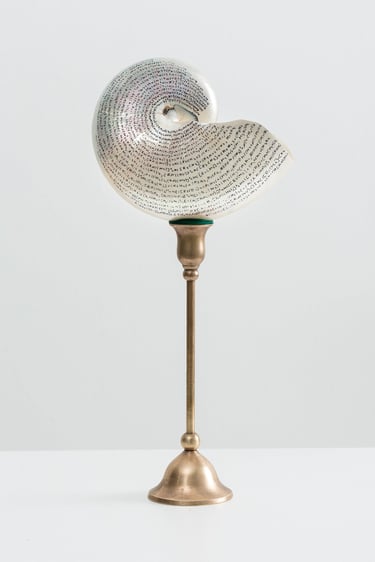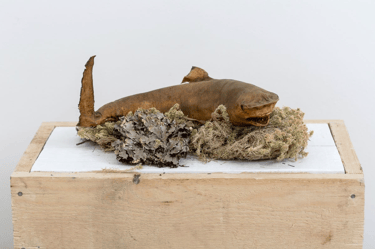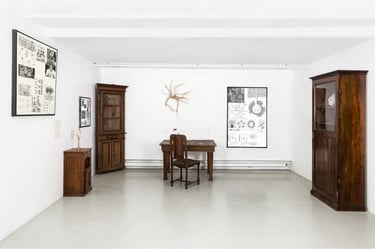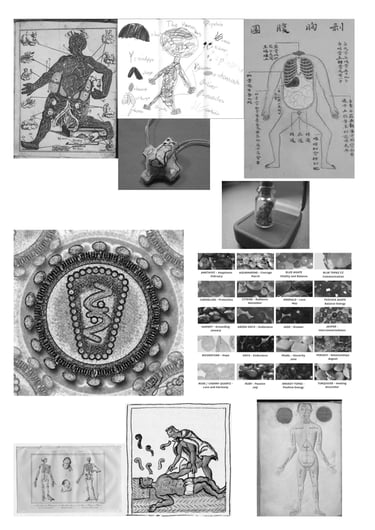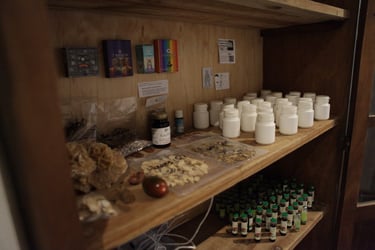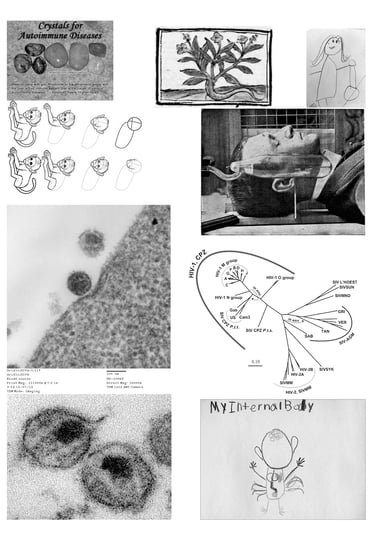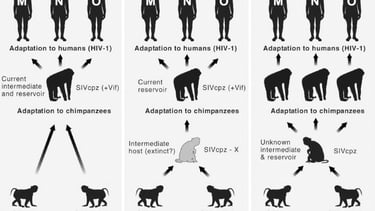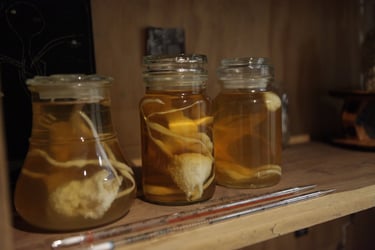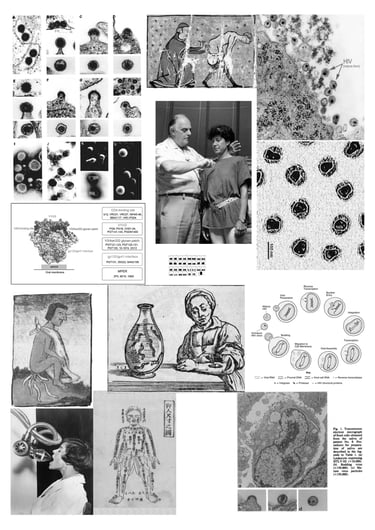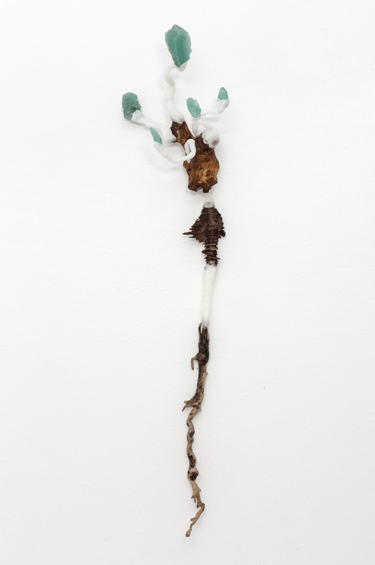The Museum of Poison
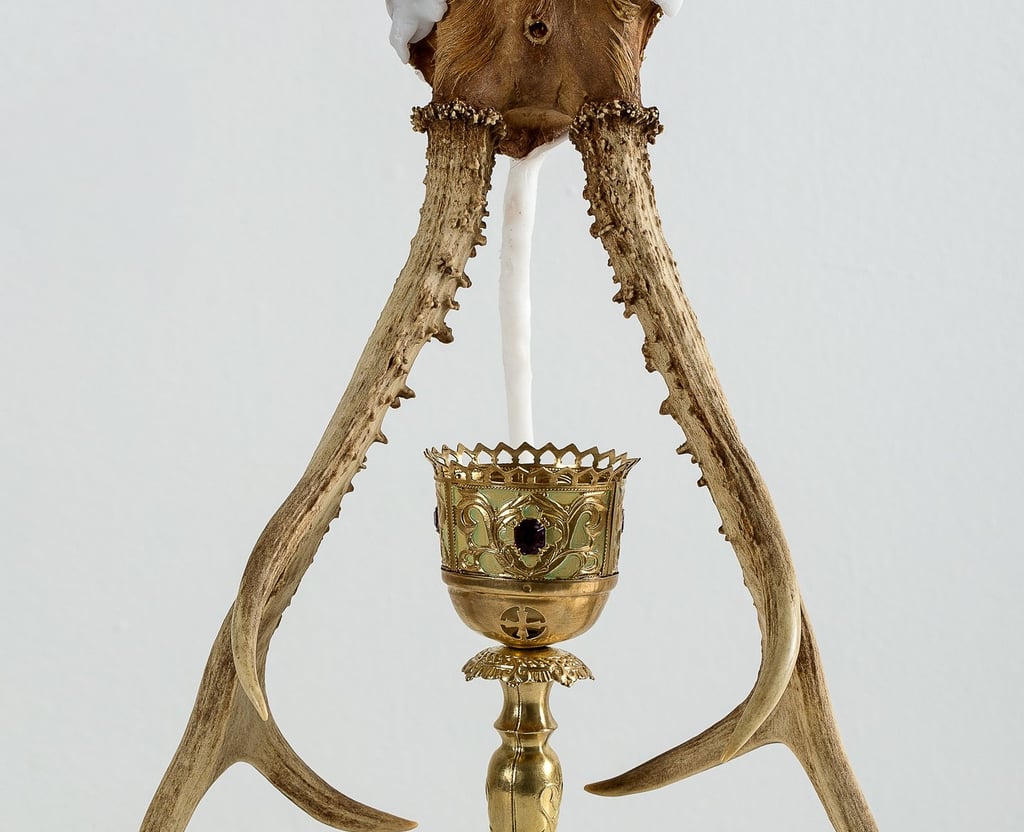

The Museum of Poison
The Museum of Poison is an installation that prompts us to reflect on the status of medicine in modern society. As we embrace new technologies and alternative healing methods, the authority of evidence-based medicine is being challenged like never before. In Russia, for instance, HIV/AIDS 'dissidence' has become a powerful movement that even the government has had to address through legislation. The Museum of Poison invites visitors to explore different healing trends and decide for themselves which ones they believe in.
Through his research on why people turn to alternative medicines when faced with HIV, Ilya discovered a second realization: that we may one day live in a world without disease, aging, or trauma as we currently know them. This led him to create a second annex to the installation, The Museum of Future Morbidities. Here, visitors can imagine a future where humanity has been bioengineered to overcome diseases like HIV/AIDS, cancer, and tuberculosis. The museum also explores the idea of prolonging human life and altering genetic dispositions to counteract biological aging.
While the idea of a world without disease and aging is idealistic, Ilya's installation also raises important questions about its feasibility and implications. Who will be able to afford immortality? Will better medicines and treatments bring us closer to a society with fewer health and wealth gaps? And when the epidemic subsides, will it become acceptable to romanticize death and loss? These are crucial issues that we must consider as we chart the course of our collective future.
